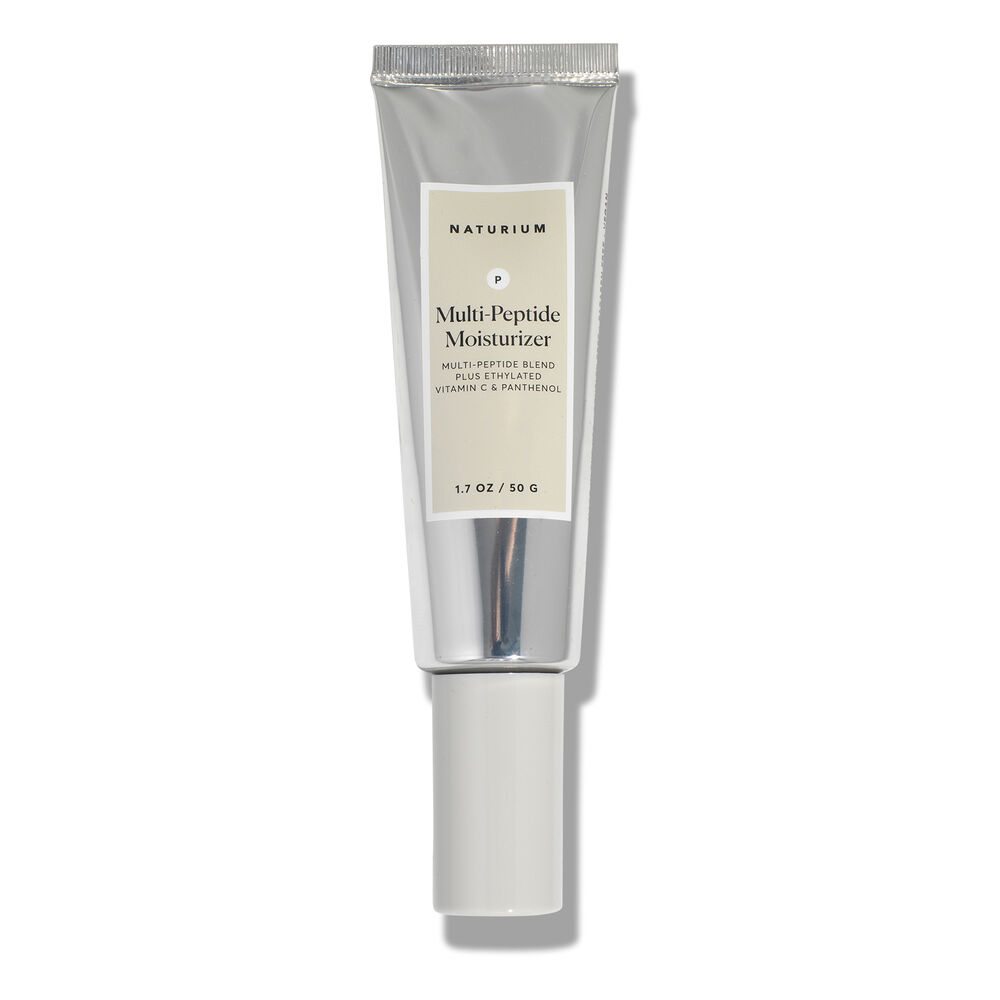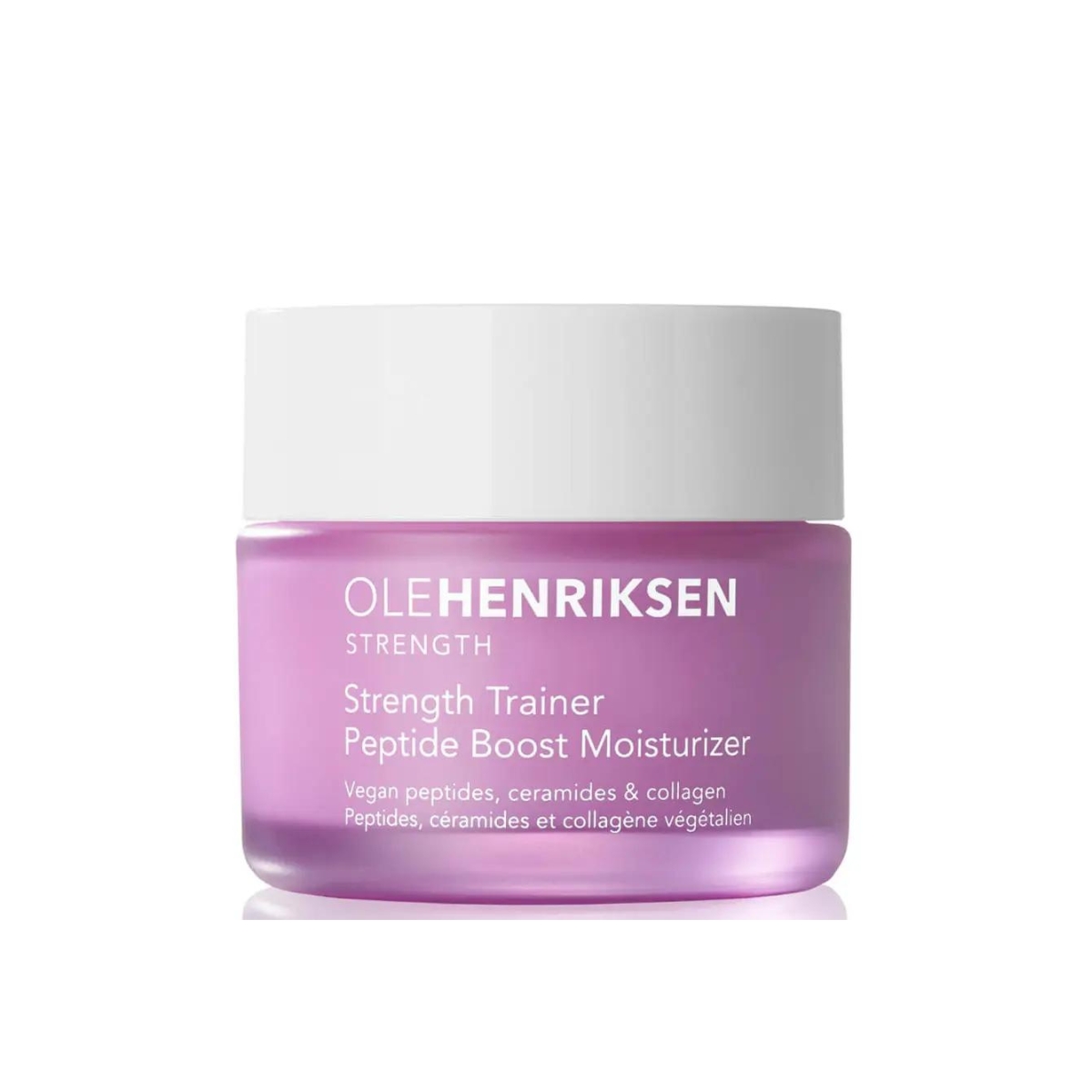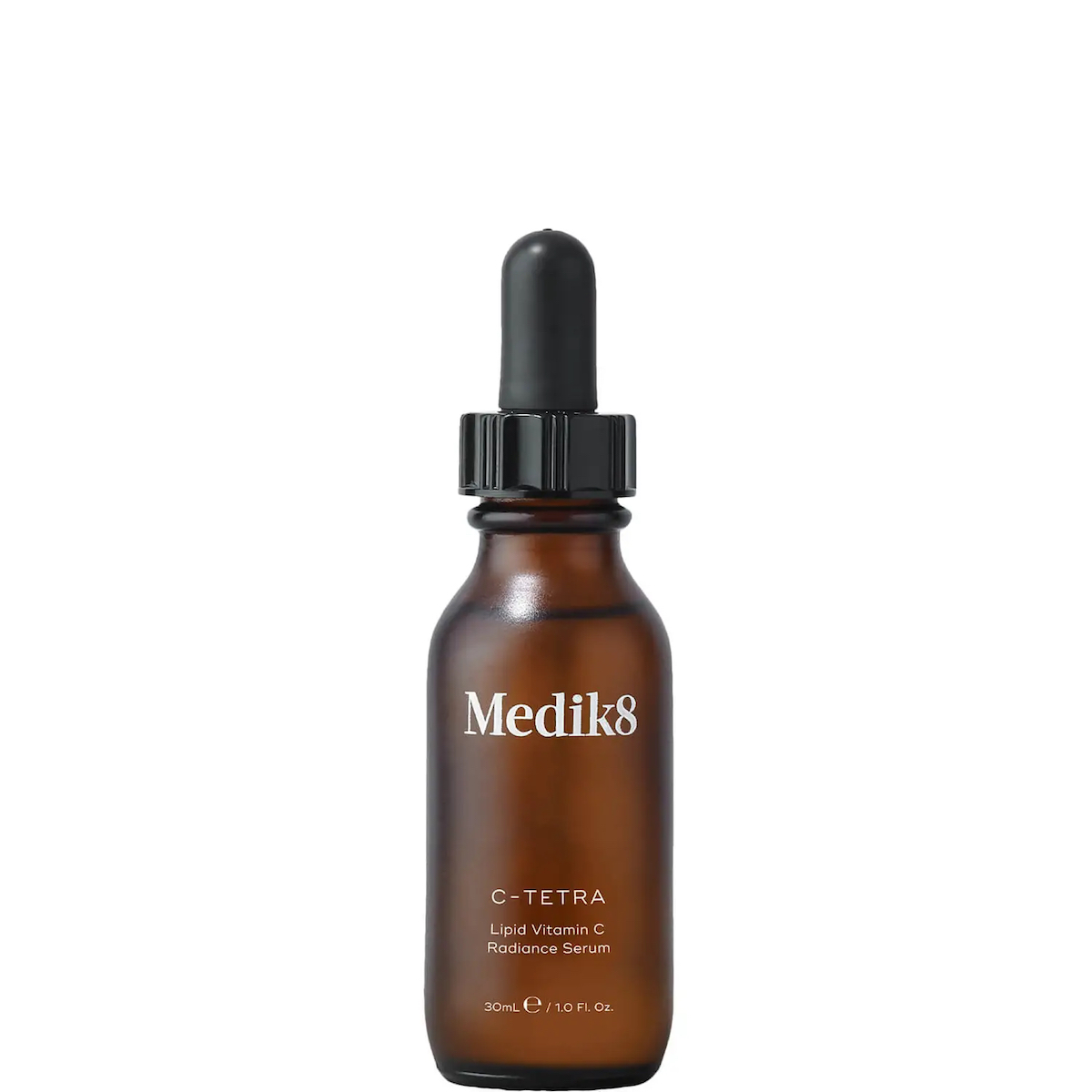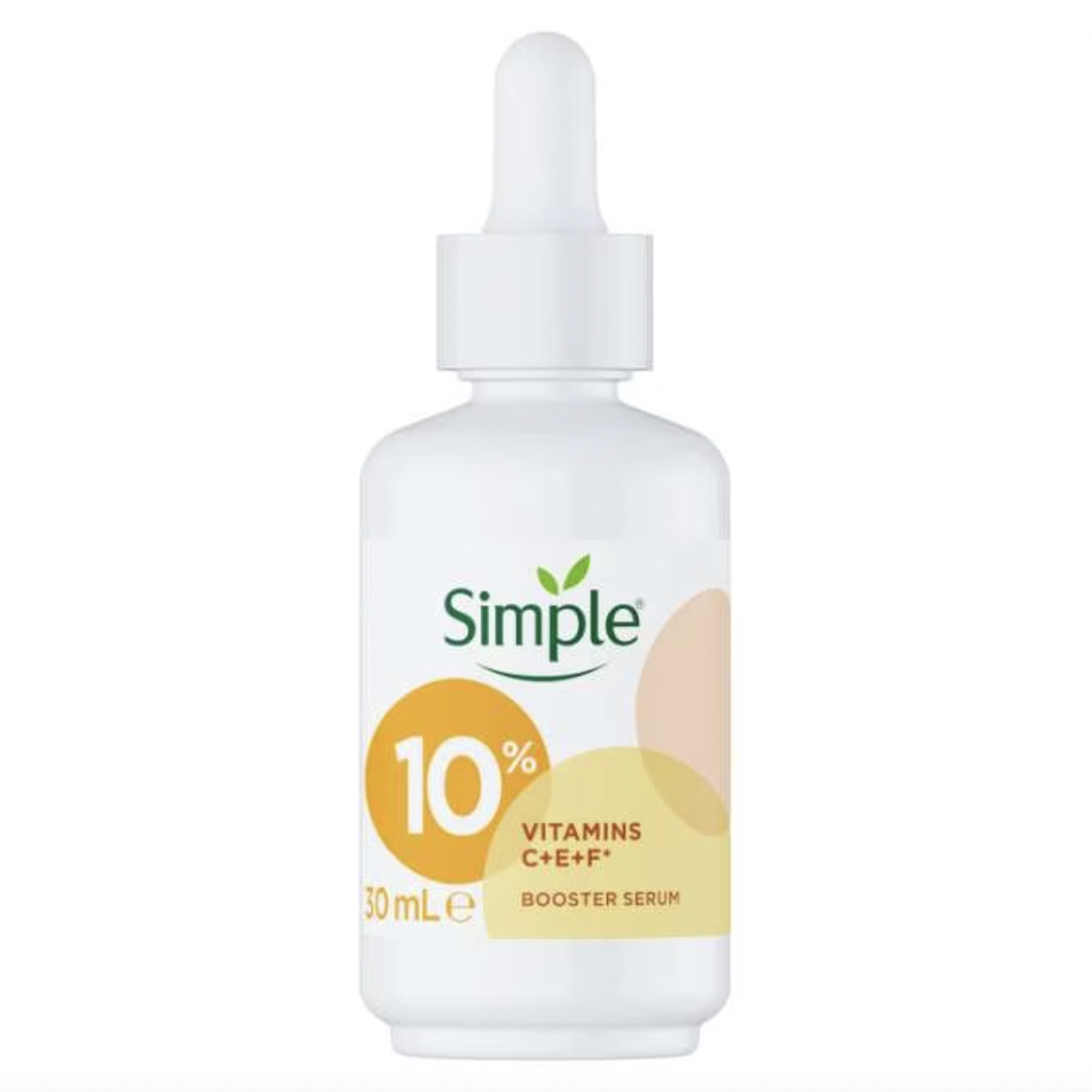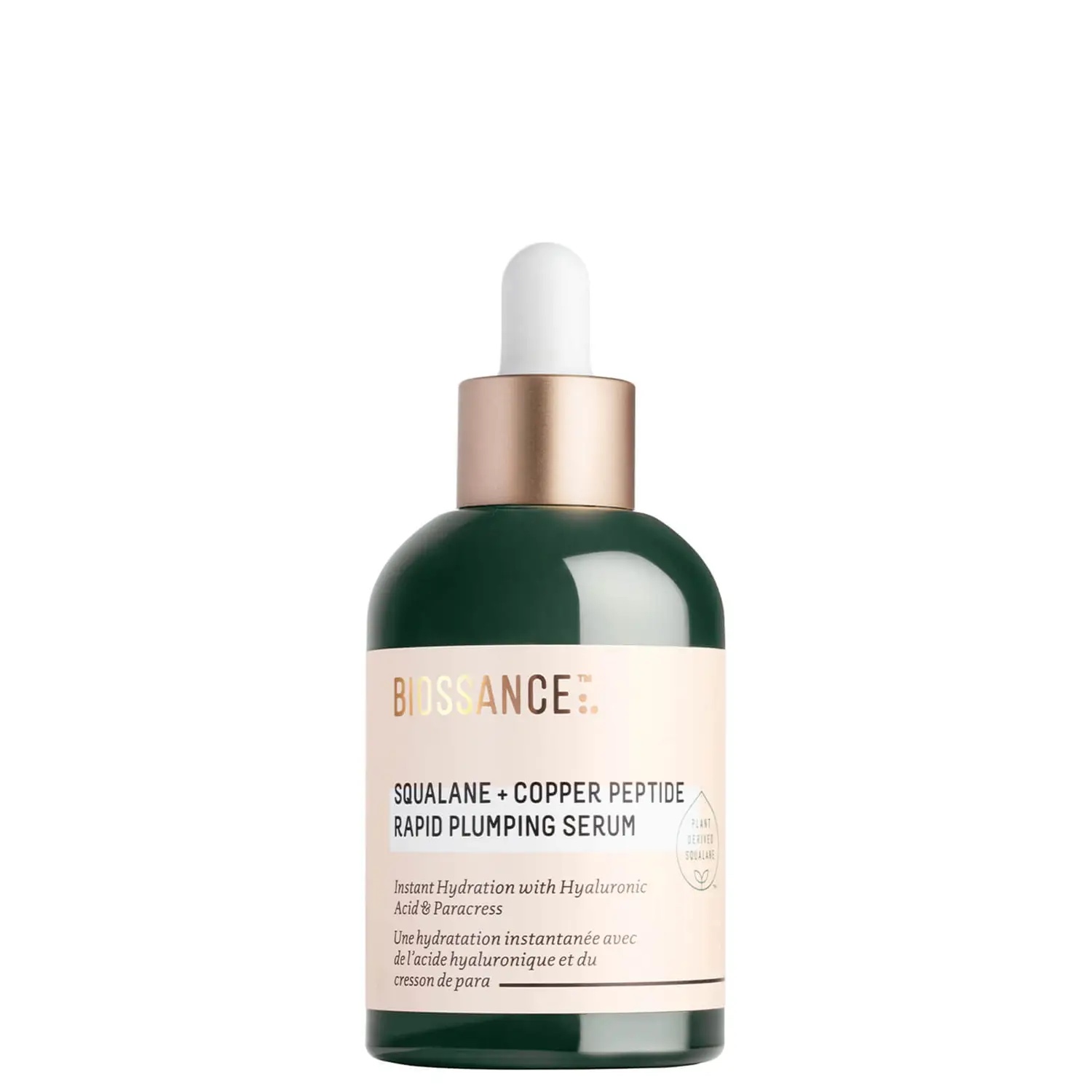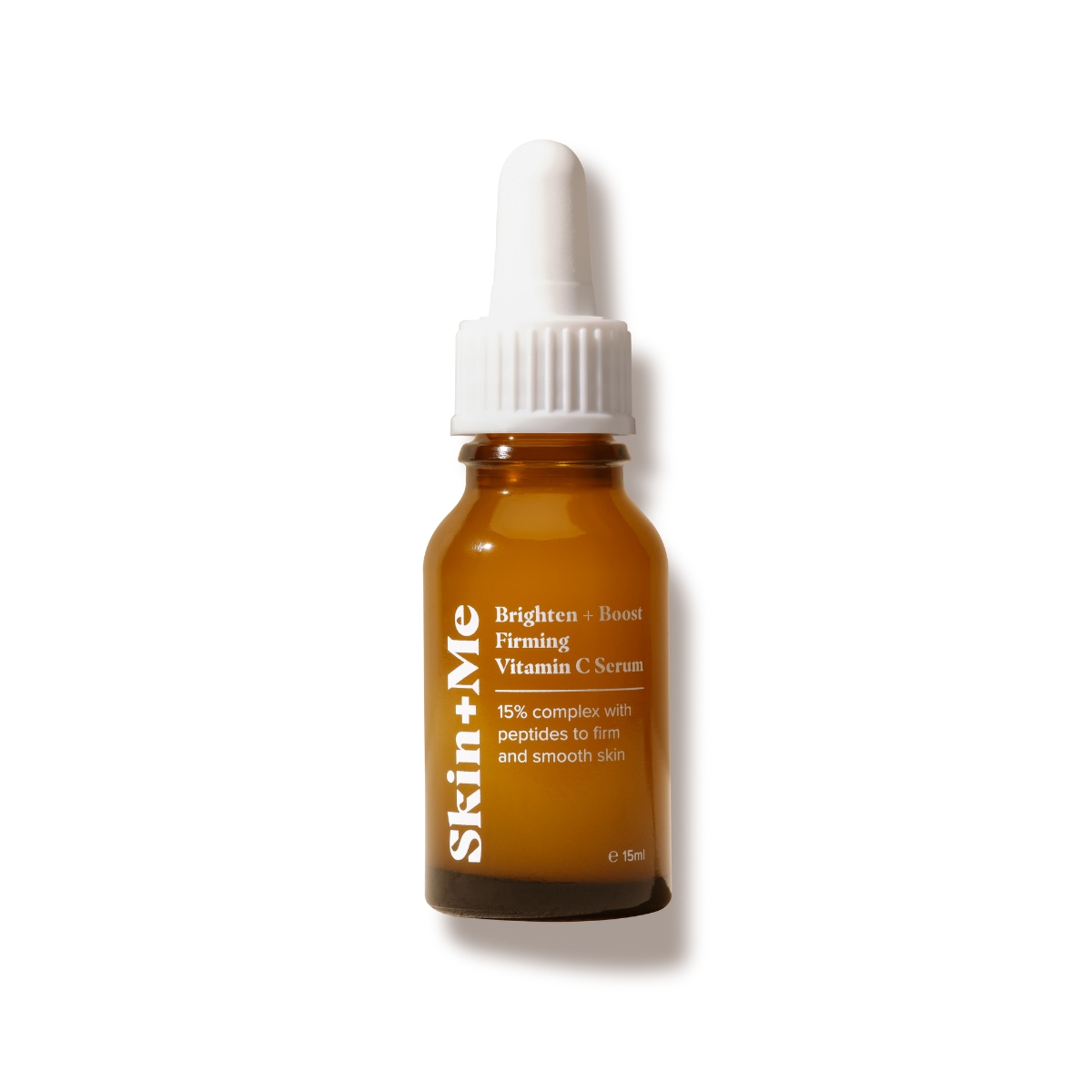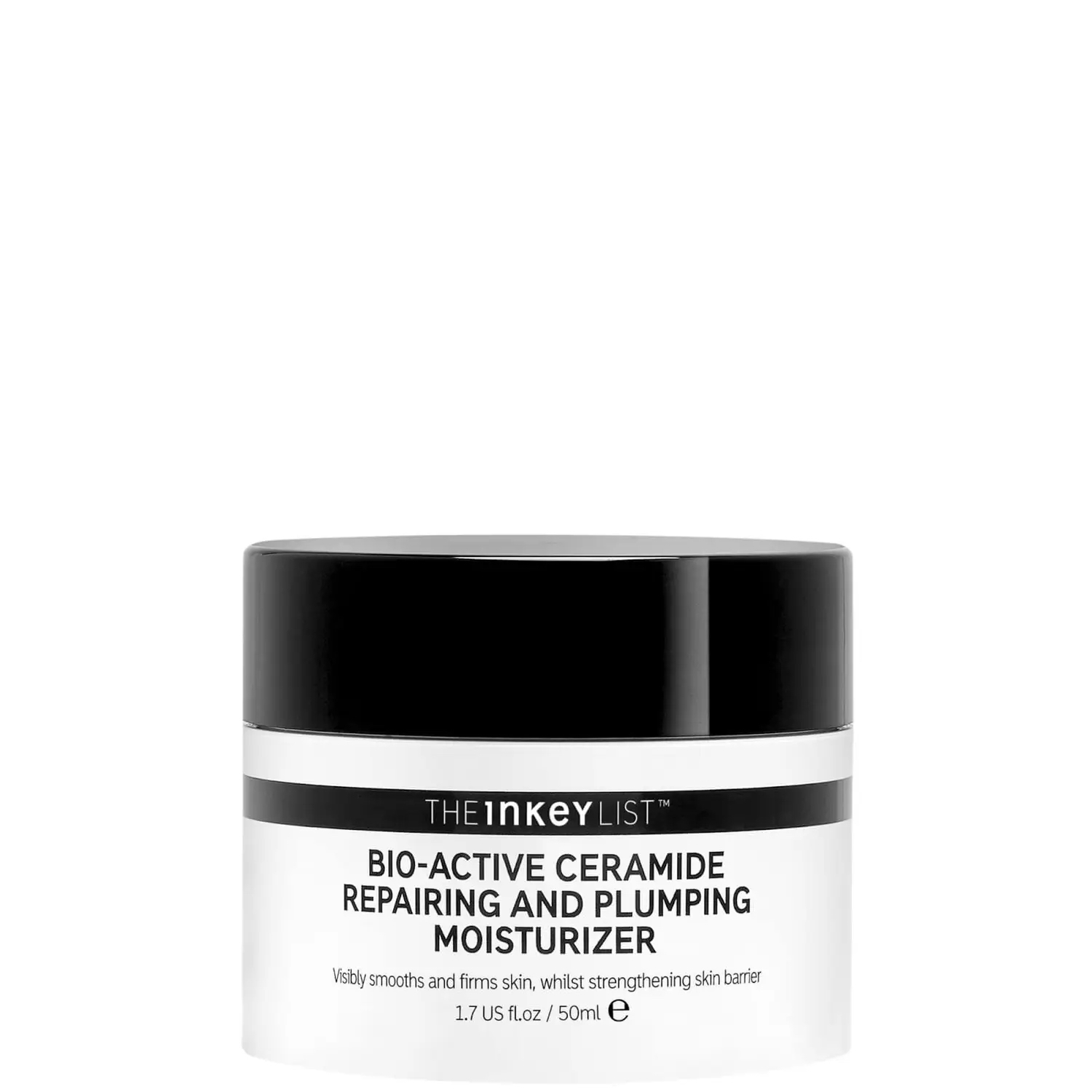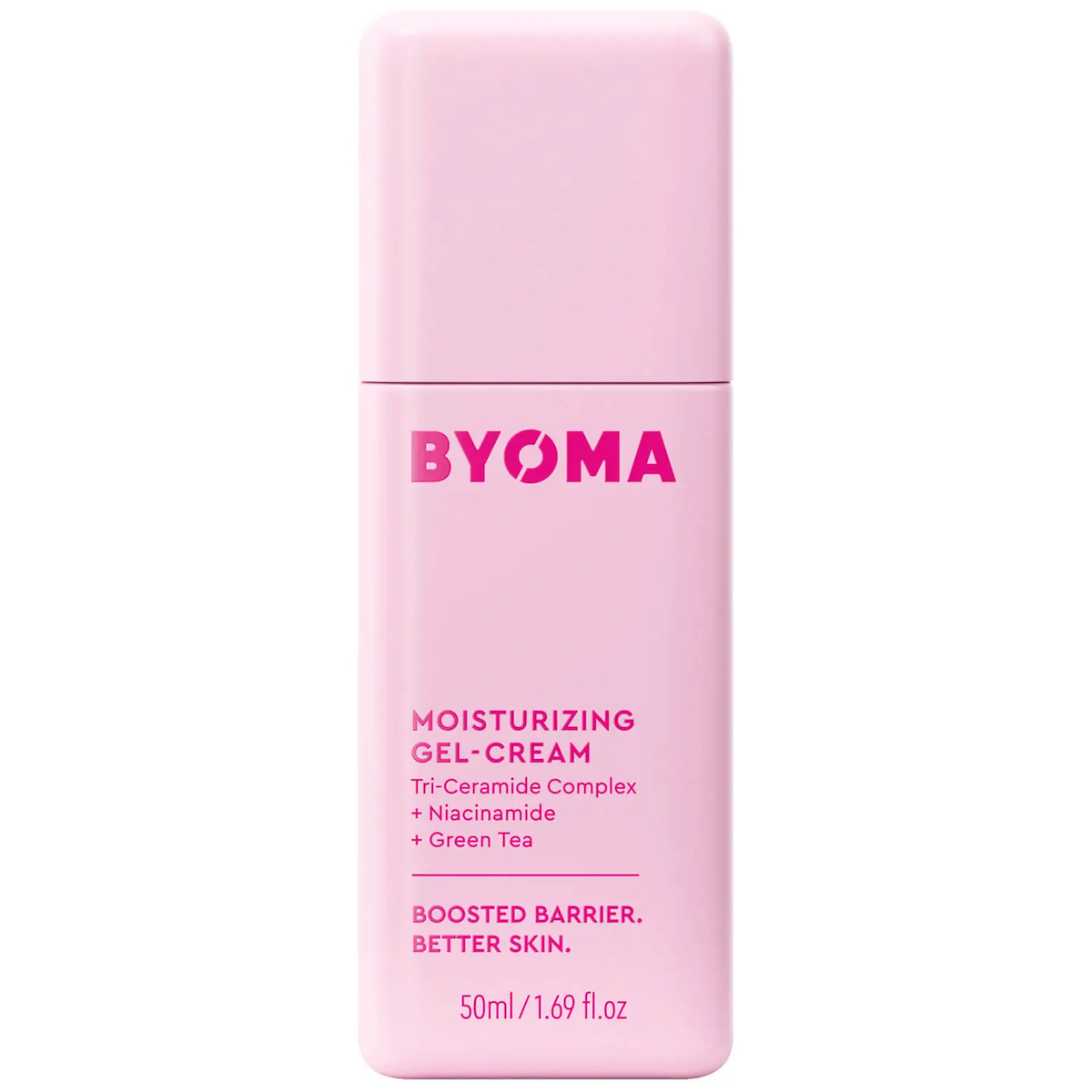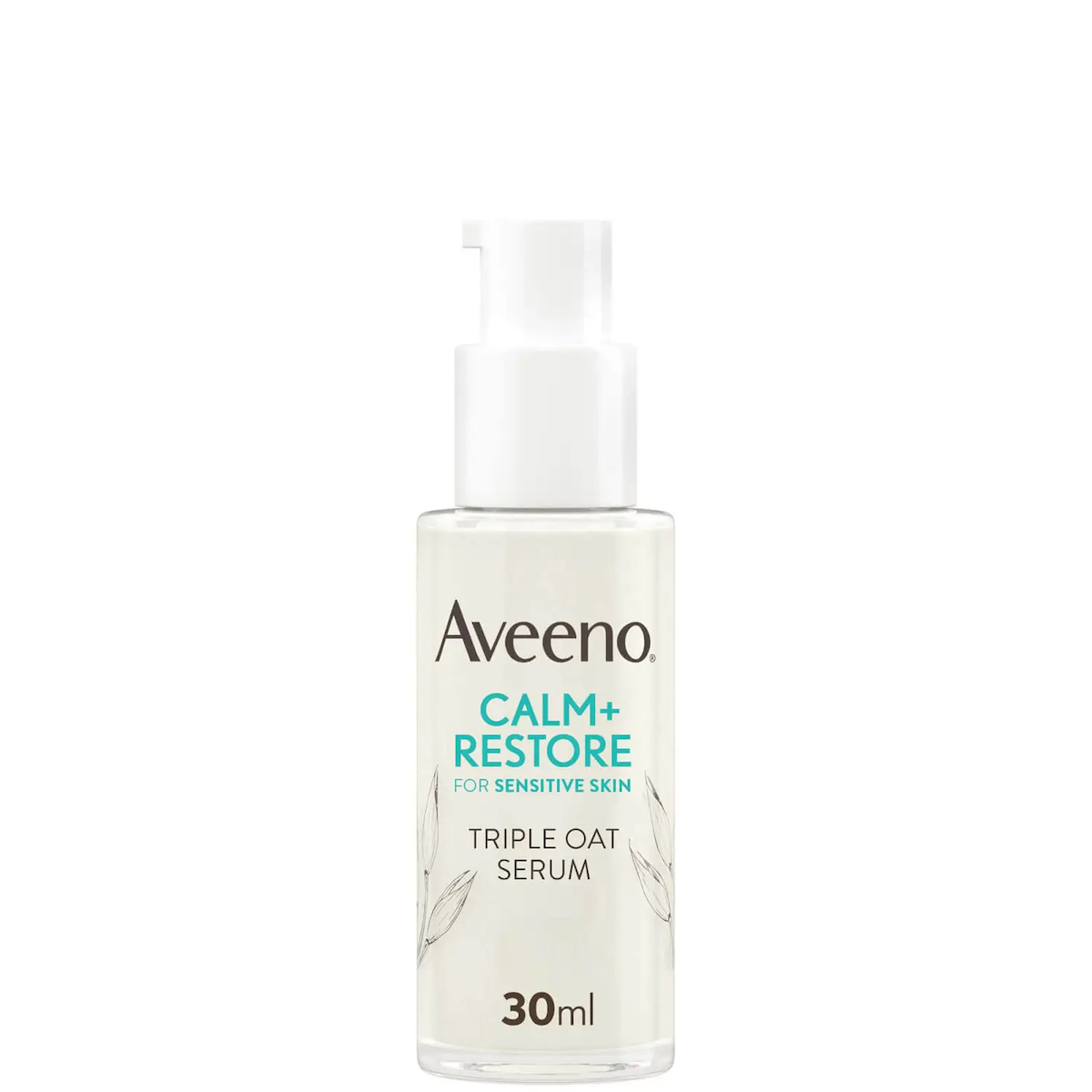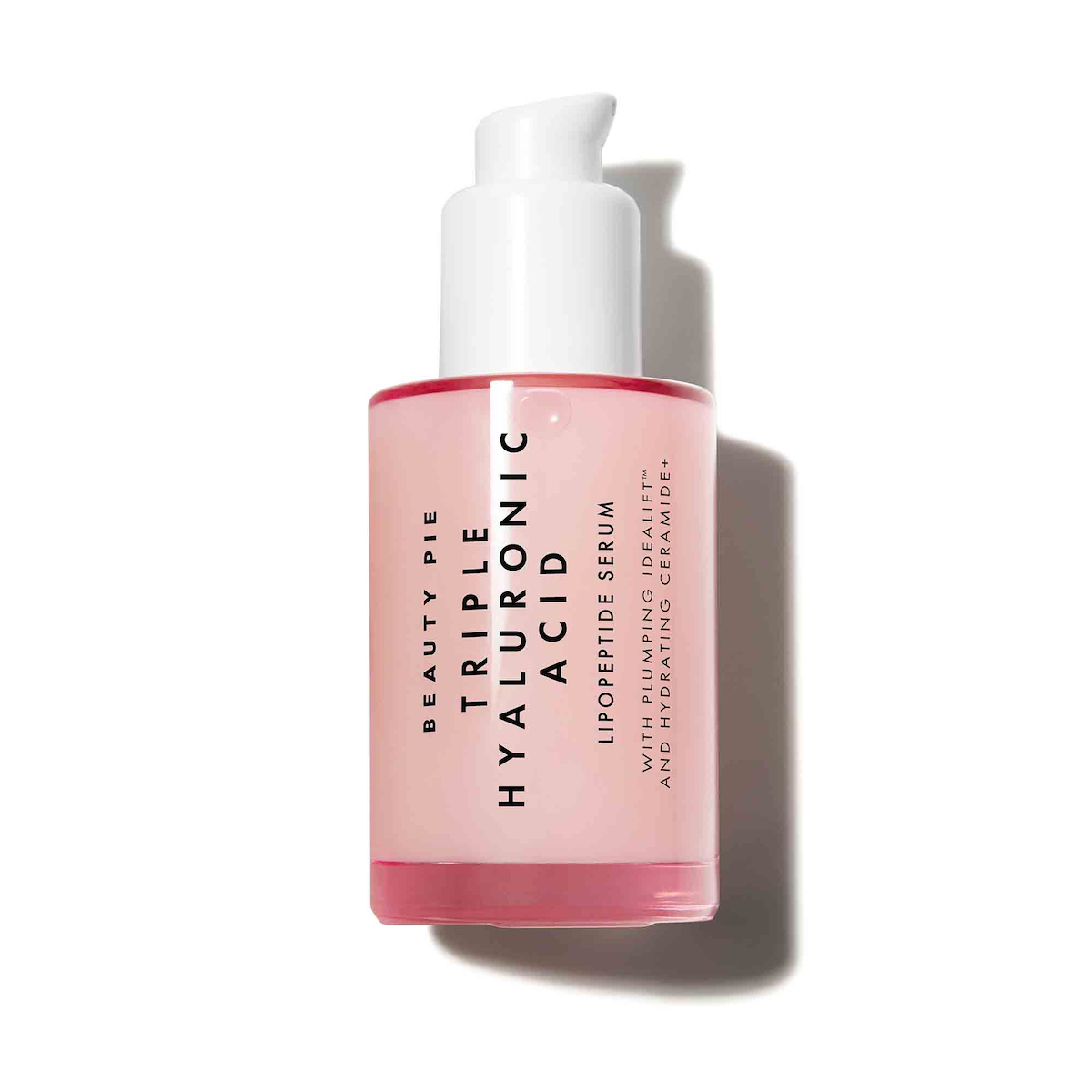Experts say they would never recommend these 5 popular (but largely unproven) skincare ingredients
And the ones to use instead
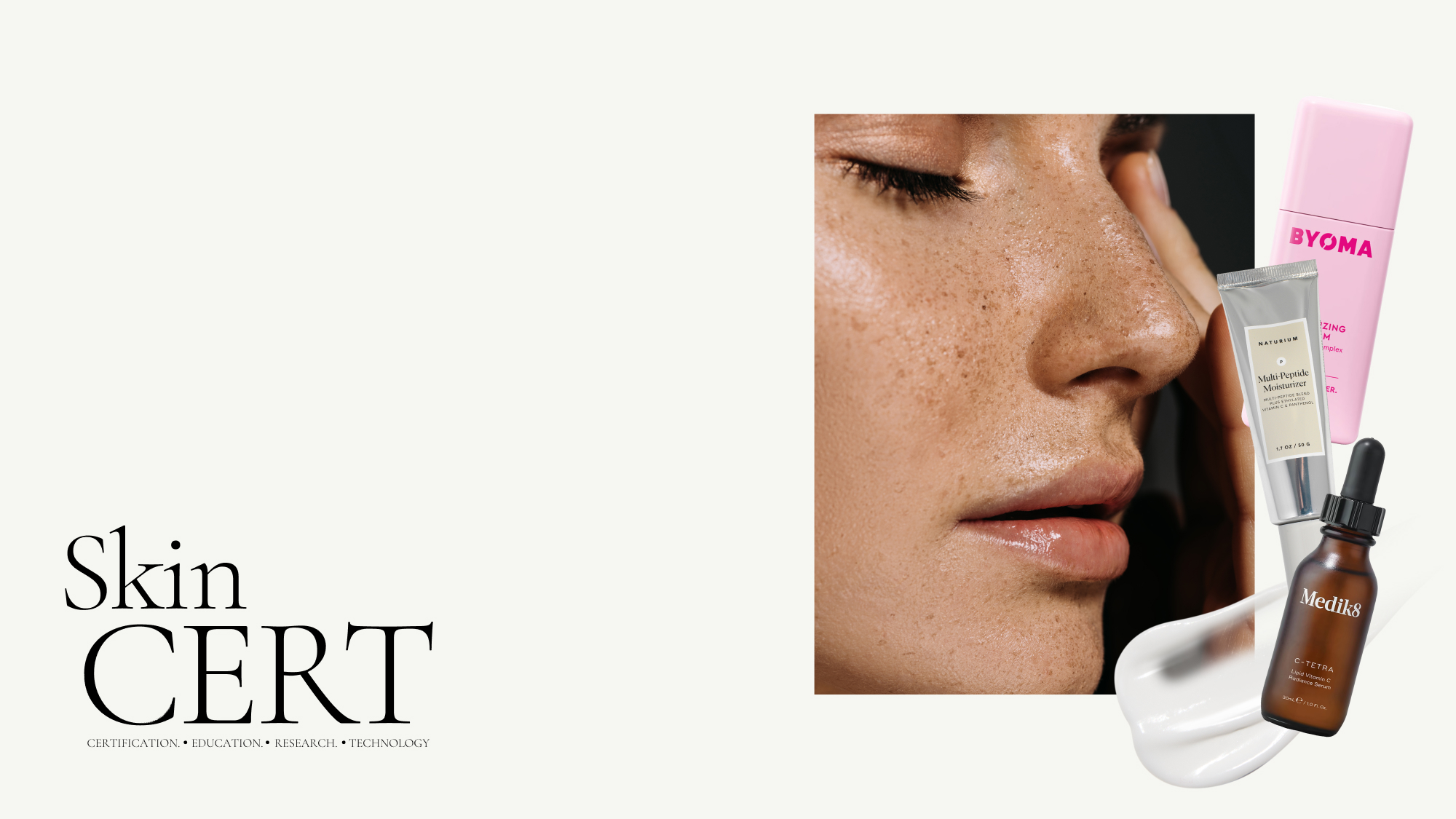

With so many products on the shelves, it can feel like you need a degree in cosmetic science to decipher exactly what ingredients you should be seeking out in order to get the most from your skincare routine. And with different ingredients garnering online hype each week—it’s niacinamide one day and azelaic acid the next—it’s easy to become drawn in by the buzz of something that’s being touted as the next skincare essential. And just because it’s trending on TikTok, does it mean that it really lives up to its claims?
In order to separate the hype from the science, I spoke to a group of skin experts, dermatologists and doctors to find out which skincare ingredients simply aren’t all they’re cracked up to be. They might be prevalent in the ingredients lists of some of the most popular skincare products on the market, but when we get into it these ingredients simply don’t have enough research behind them to justify their bold assertions.
Ahead, five totally unproven skincare ingredients—and the efficacious alternatives experts recommend instead.
1. Topical collagen
Despite almost every smoothing and plumping moisturiser containing a dose of it, GP and Dermatology Expert Dr Sonia Khorana thinks that topical collagen just doesn’t have the efficacy to deliver visible results. “A cream containing the topical formulas won't have much of an effect on your skin apart from moisturising it,” Dr Sonia explains. “It won’t stimulate collagen production as it is a huge molecule that doesn't penetrate through the skin enough to do so.”
Instead, she recommends using proven ingredients like retinoids and peptides to support skin health due to the “decades of research that back these ingredients”.
2. Topical CBD
In the last few years, CBD has become something of a buzzy skincare ingredient with brands claiming that its antioxidant properties can do everything from calm breakouts to even skin tone. However, while there is some initial scientific support for it, Dr Khorana thinks more studies are needed. “A 2020 study suggested that CBD can help with skin inflammation, but much more is needed before we can determine whether it fits into the category of overrated skincare ingredients or is one that will actually deliver as promised,” Dr Sonia explains. “Research on this trendy skincare ingredient is limited, so I wouldn't run out to buy a CBD skincare product just yet.
If pigmentation and uneven skin tone is something you want to treat, look for a vitamin C serum instead—a proven antioxidant that will protect skin, even tone and target pigmentation caused by breakouts.
Marie Claire Newsletter
Celebrity news, beauty, fashion advice, and fascinating features, delivered straight to your inbox!
3. Bakuchiol
Retinoids are amongst the most efficacious group of skincare ingredients at our disposal, working to stimulate collagen, increase our skin’s ability to renew cells and unclogging pores. However, they can cause irritation—especially if your skin is sensitive. Bakuchiol is often marketed as a natural alternative, but Skin + Me Dermatologist Dr Beibei Du Harper is dubious about such claims. “Bakuhciol is often touted as a ‘natural’ retinoid-alternative that has retinoid-like effects. Although there are some peer-reviewed clinical trials on it, I personally did not find it particularly impressive and would find it difficult to recommend bakuchiol over a retinoid,” explains Dr Beibei.
Instead, Dr Beibei recommends lesser-known skincare ingredient ectoin, which is in all of the Skin + Me serums. "This is a surprisingly well-researched ingredient and it has been shown to have barrier supporting, anti-inflammatory and even photoprotective effects.”
4. Snail mucin
A popular ingredient in Korean skincare, snail mucin is something of an unproven skincare ingredient that GP and aesthetician Dr Ahmed El Muntasar doesn’t rate. “When it comes to unproven skincare ingredients, one that is by far the most over-hyped is snail mucin. Yes, the texture and the sliminess of it looks really cool on camera, but outside of TikTok I just don’t think there’s much to support its use,” Dr Ahmed explains.
“Yes, it could be used for hydration, but there are many better ingredients out there to help with that. Things like niacinamide, hyaluronic acid and ceramides are obviously basic ingredients but are all effective and much better alternatives.”
5. Caviar
It might sound extravagant, but this expensive ingredient is actually quite divisive amongst skin experts when it's taken out of its context in a Michelin restaurant and transferred to our moisturisers. “Caviar is often seen as a luxury skincare ingredient because of its place in the culinary world. It’s true that it is an emollient with moisturising abilities, however there is no clinical evidence to support a lot of the claims that it is as efficacious as advertised,” explains cosmetic doctor and Founder of Atelier Clinic, Dr Aggie Zatonska.
Instead, simple ingredients like glycerin and hyaluronic acid will provide all the moisture your skin needs.
Mica Ricketts is a freelance beauty editor and contributor to Marie Claire. She has written for titles including Refinery29 and Who What Wear UK, and also works with beauty brands on content messaging and marketing copy. She was previously Who What Wear UK's beauty editor. As someone that has tried basically every acne product on the market, she has a particular passion for debunking skincare myths and finding products that work. Plus, with two small children at home she is all about time-saving beauty routines that boost glow and disguise dark circles.
-
 Here's a rundown of The White Lotus cast members who have dated in real life
Here's a rundown of The White Lotus cast members who have dated in real lifeBy Jenny Proudfoot
-
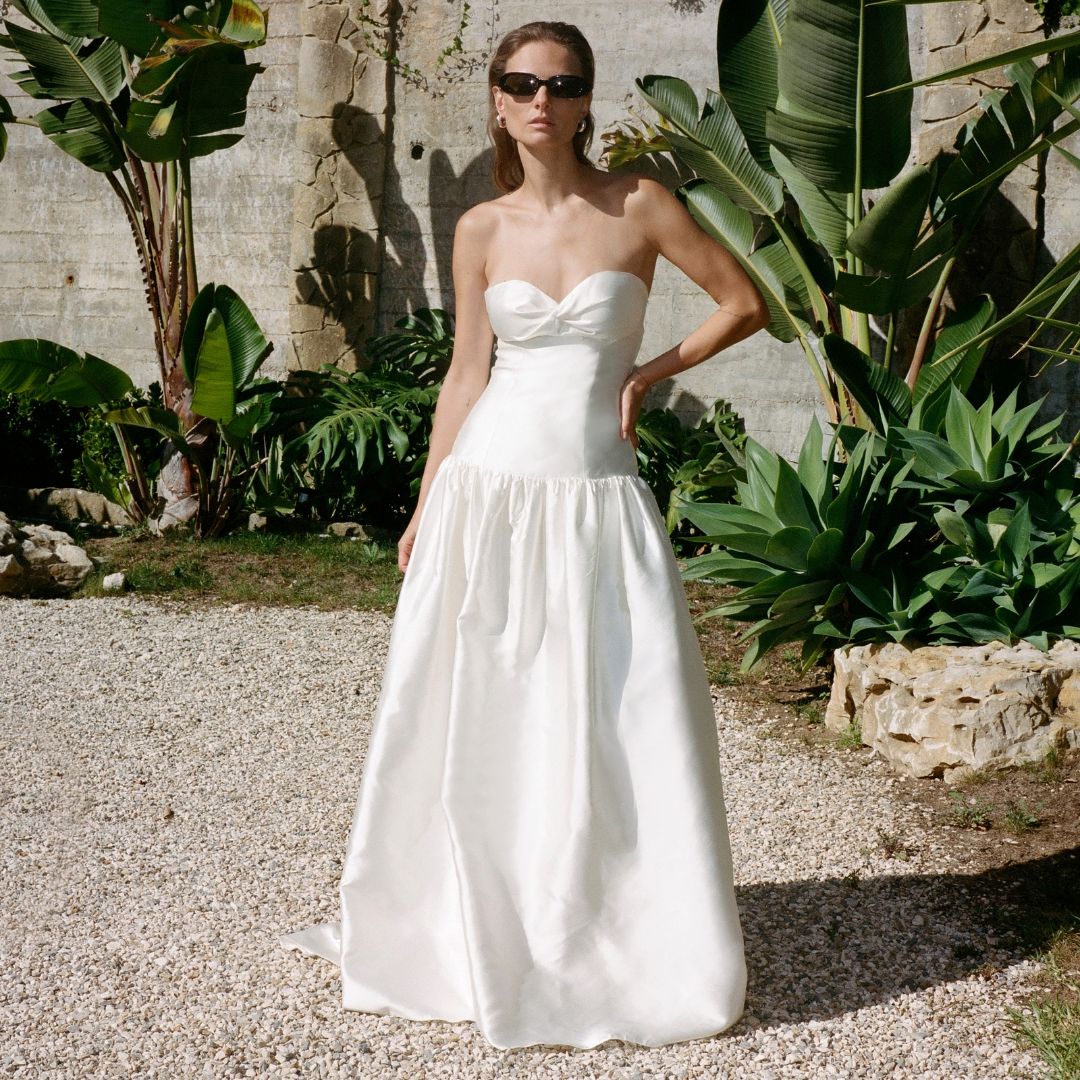 All the coolest brides are wearing drop-waist wedding dresses this year
All the coolest brides are wearing drop-waist wedding dresses this yearWedding Special Minimalist, nostalgic, and universally flattering
By Clementina Jackson
-
 Anya Hindmarch has just launched a fantastical diving shop in central London
Anya Hindmarch has just launched a fantastical diving shop in central LondonFor those who would rather be beside the seaside...
By Sofia Piza
